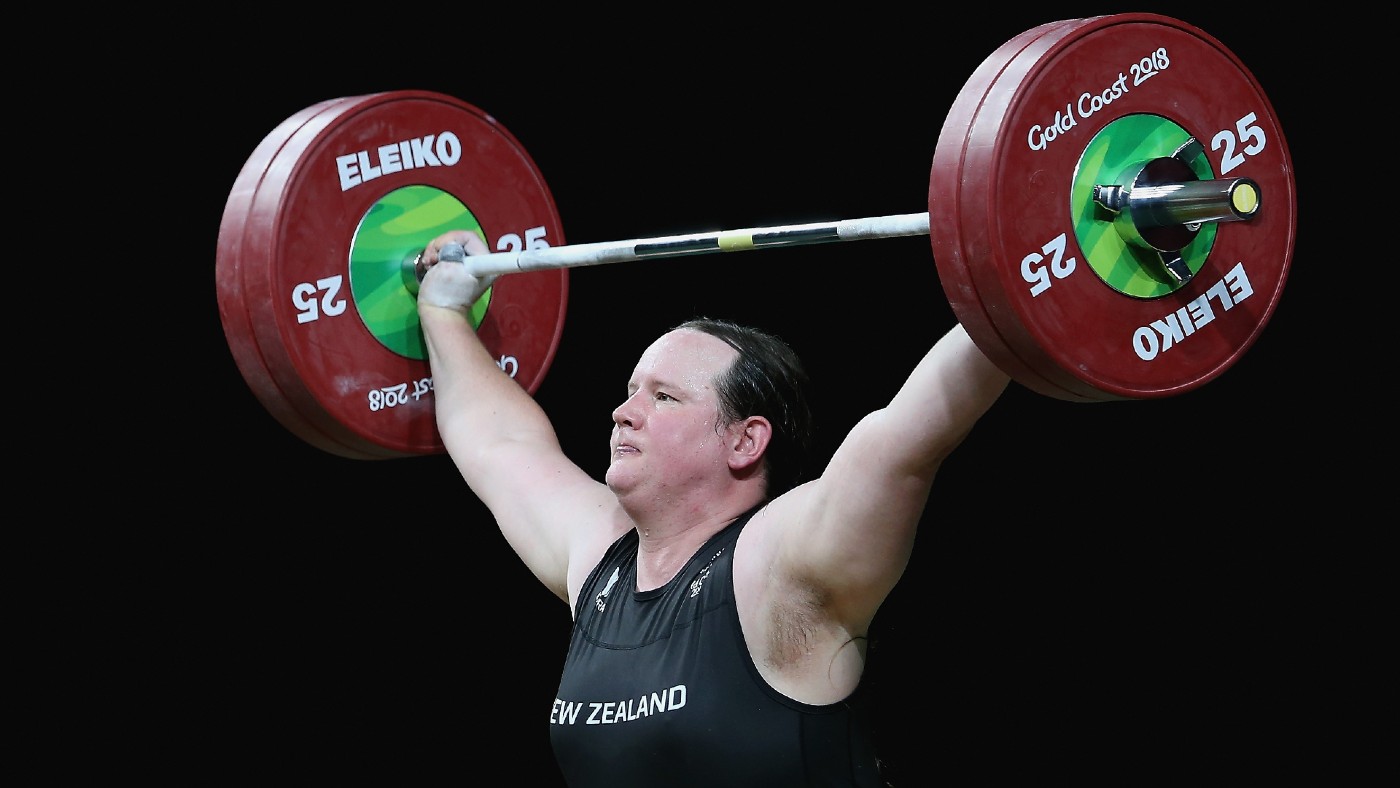Experts call for a ban on tackling and scrums in school rugby
Medical professionals say youth rugby carries high injury rates

A free daily email with the biggest news stories of the day – and the best features from TheWeek.com
You are now subscribed
Your newsletter sign-up was successful
Experts say that scrums and tackling should be banned in school rugby to protect young players from head injuries, concussion and future brain damage.
In an opinion piece published by the British Medical Journal, Professor Allyson Pollock and Graham Kirkwood of Newcastle University are seeking the removal of harmful contact from the school game.
Calling for the UK’s chief medical offers (CMOs) to “act now”, Pollock and Kirkwood say that governments have a “duty to protect children”.
The Week
Escape your echo chamber. Get the facts behind the news, plus analysis from multiple perspectives.

Sign up for The Week's Free Newsletters
From our morning news briefing to a weekly Good News Newsletter, get the best of The Week delivered directly to your inbox.
From our morning news briefing to a weekly Good News Newsletter, get the best of The Week delivered directly to your inbox.
“It is well recognised that children are vulnerable and require specific measures to control the unique risks associated with this group,” the experts wrote.
“The call for a cautionary approach and the removal of collision from school rugby and to end compulsion in the school game are likely to reduce and mitigate the risk of injury in school children.”
Pollock and Kirkwood argue that under the UN Convention on the Rights of the Child [Article 19] governments have a duty to protect children from injury and ensure their safety. This is why they are calling on CMOs to “act now”.
The research cited includes a study of insurance claims data in New Zealand which found that playing rugby (one game every three weeks) was 460 to 530 times more dangerous than cycling (a half-hour trip three times a week).
A free daily email with the biggest news stories of the day – and the best features from TheWeek.com
Last year The Guardian reported that more than 70 doctors and health experts were also calling for a ban on tackling in school rugby games. But the UK’s most senior medics rejected the call.
Pollock and Kirkwood add: “The data in support of the call to remove the tackle and other forms of harmful contact in school rugby is compelling.
“We call on CMOs to act on the accumulating evidence and advise the UK government to put the interests of the child before the interests of corporate professional rugby unions, and remove the tackle and other forms of harmful contact from the school game.”
Speaking to the BBC, a spokesman for World Rugby – the game’s governing body – said: “With appropriate supervision and coaching, rugby is a sport that empowers young people, builds confidence, shapes valuable life skills and promotes a healthy lifestyle.”
Meanwhile Dr Alan Carson of the University of Edinburgh told The Telegraph that the main health risk British children face is obesity, not concussion.
“There is no doubt sport and exercise are good for you and that effect is far more important in terms of all-cause mortality than any increase in risk of neurodegeneration,” he said.
“The health crisis facing Britain’s children is not concussion but obesity and lack of exercise. Public health clinicians should think very carefully before calling for measures that may cut participation in sport.”
-
 6 of the world’s most accessible destinations
6 of the world’s most accessible destinationsThe Week Recommends Experience all of Berlin, Singapore and Sydney
-
 How the FCC’s ‘equal time’ rule works
How the FCC’s ‘equal time’ rule worksIn the Spotlight The law is at the heart of the Colbert-CBS conflict
-
 What is the endgame in the DHS shutdown?
What is the endgame in the DHS shutdown?Today’s Big Question Democrats want to rein in ICE’s immigration crackdown
-
 The biggest sporting events of 2025
The biggest sporting events of 2025The Explainer Women's Rugby World Cup and African Cup of Nations are among sporting highlights this coming year
-
 Mason Greenwood: footballer arrested on suspicion of rape and assault
Mason Greenwood: footballer arrested on suspicion of rape and assaultSpeed Read Man Utd confirm the striker will not train or play until further notice
-
 Handball: swapping bikini bottoms for tight pants
Handball: swapping bikini bottoms for tight pantsSpeed Read Women competitors will be required to ‘wear short tight pants with a close fit’
-
 Cristiano Ronaldo’s second coming
Cristiano Ronaldo’s second comingSpeed Read Last week, Manchester United re-signed the forward on a two-year deal thought to be worth more than £400,000 a week
-
 Bank holidays and boycotts: are MPs trying to jinx England?
Bank holidays and boycotts: are MPs trying to jinx England?Speed Read Declaring a bank holiday would be ‘tempting fate’, says Boris Johnson
-
 Weightlifting: Olympic Games set for transgender first
Weightlifting: Olympic Games set for transgender firstSpeed Read New Zealand weightlifter Laurel Hubbard will make history at Tokyo 2020
-
 Sport shorts: Champions League expansion plan to be agreed
Sport shorts: Champions League expansion plan to be agreedSpeed Read News and reactions from the world of sport, featuring Joachim Low and the Lions women’s team
-
 Sport shorts: Sturgeon slams Rangers fans over title celebrations
Sport shorts: Sturgeon slams Rangers fans over title celebrationsSpeed Read News and reactions from the world of sport, featuring Keely Hodgkinson and Bryson DeChambeau